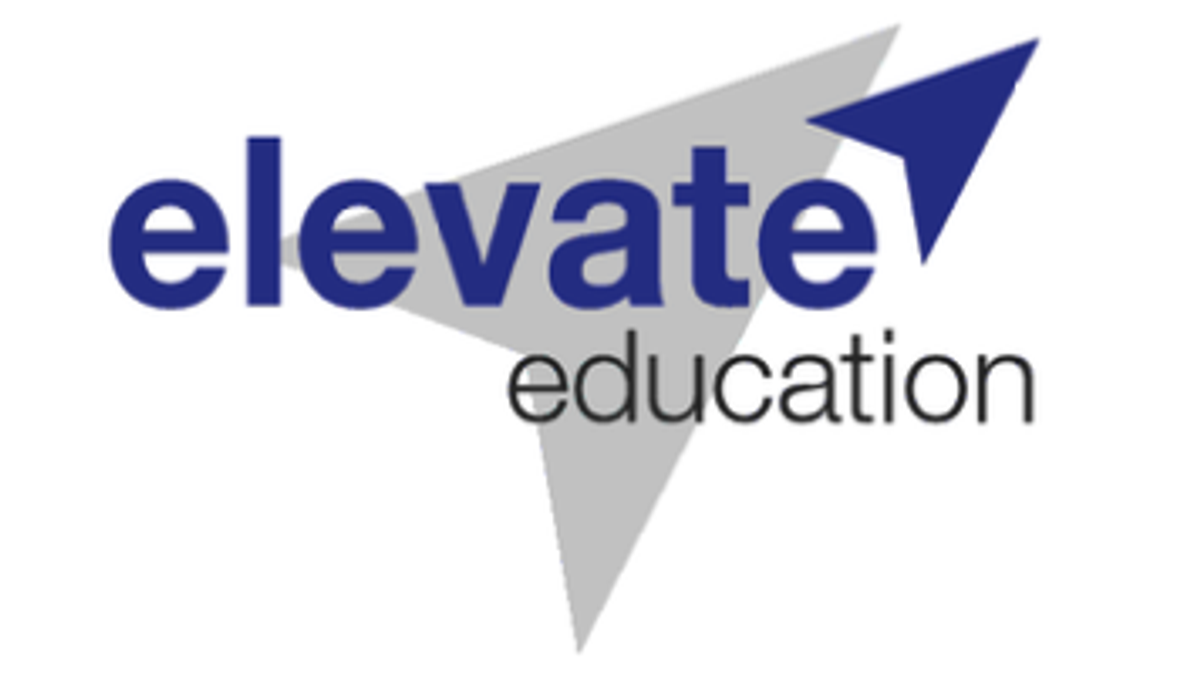Learning @ Brigidine
“Learning is not attained by chance. It must be sought for with ardour and attended with diligence.” Abigail Adams

Learning @ Brigidine
“Learning is not attained by chance. It must be sought for with ardour and attended with diligence.” Abigail Adams
” Did I win? Did I lose? Those are the wrong questions.
The correct question is: Did I make my best effort?
If so, you may be outscored, but you will never lose.”
Carol Dweck
Carol Dweck is a world leader in thinking about the ways we learn and improve our knowledge and skills. Her work is based on extensive research over many years with large sample sizes and credible peer reviews. Her research on the effect of a simple positive concept on how students approach their learning is profound. It is centred around the idea that persistence with the harder problems and concepts in learning takes a learner out of their comfort zone and results in the formation of stronger connections in the brain’s neurons. When followed through with persistence this approach eventuates in learning success and measurable learning gains.
Traditionally learning is measured in what a student can achieve and in the same way identifies what a student cannot do. For the majority of students when faced with harder concepts and problems to solve they conclude that they are not capable of harder work and even a feeling of failure. Such a mindset in reality is limiting and puts in place a block not only for that learning situation but a residual effect that can continue to adversely affect future learning.
Dweck identifies that for too long we have been well meaning in praising intelligence where we would be better directed in praising effort, an ability to strategize and innovate and persevere. Her work with underperforming students and schools has identified the powerful effect of replacing a low grade, or what is considered a sub-standard achievement, with the concept of “not yet”. Such a positive future-focused mindset aligns with the learning journey being one that is continually developing. From this, it is important to acknowledge that learners are still growing. As Dweck states, “no matter what your ability is, effort is what ignites that ability and turns it into accomplishment”. Students are encouraged to reflect on this and recognise that their effort is an essential part of their learning journey.
Subject Selection
Year 8


Our Year 8 students will receive their elective choices in the coming weeks. A reminder that students will study one 200-hour course and one 100-hour course in 2023.
Year 10
Our Year 10 students have now received their subjects for Stage 6. Year 10 students are encouraged to review their subjects and overall pattern of study for Stage 6. If a change is required, Year 10 students and their parents are to speak with Ms Agazzi or Ms Fox before the end of the term.
Year 11
As our Year 11 students commence Year 12 courses, many are reflecting on their pattern of study and considering making a change or two. Whilst students can commence these conversations with teachers and parents, no changes will be made until the Final Year 11 Report is published.
Before students make any change to their pattern of study, it is important that they take time to reflect upon not only academic results but also their attitude and approach to learning throughout Year 11. Changes to the pattern of study require much discernment as there may be implications for post-school pathways. If students are considering discontinuing a course, they must complete the Stage 6 Application to Change Course form and meet with the College Careers Advisor, Mrs Zafiris to discuss the changes as well as Ms Fox or Ms Agazzi.
In addition to course changes, some students may wish to change from a HSC (ATAR) Pathway to a HSC+ Pathway and pursue a Vocational Education course. If students are considering this change, please make an appointment with Mrs Zafiris to discuss pathway options.


Elevate Education
On Tuesday 15 November, Elevate Education delivered a workshop titled, Memory and Mnemonics, to our Year 12 students.
This workshop covered easy-to-use techniques and strategies that will assist students with their memory and recall. In addition, students were introduced to ways to deal with social media, music, TV, distractions, internet and ineffective worktimes. The skills covered in the session are outlined below:
| Dealing with distractions | How to regulate both external and internal distractions to assist students to stay on track. |
| Manipulating Memory | Students are provided with an understanding of how memory works and are introduced to several higher-order techniques, including:
|
Accelerated Reader - Year 7 and 8


Accelerated Reader has commenced again for Years 7 and 8. Students are reading for 10 minutes in their Period 1 lessons each day. Once students have completed reading their Accelerated Reader book, they are encouraged to take the AR Quiz within 24 hours of finishing the book. Students should visit the College library to borrow a book.
If you have any questions regarding the Accelerated Reader program please do not hesitate to contact our Director of Curriculum, Eleonora Agazzi via email, eleonora.agazzi@syd.catholic.edu.au.
Ms Natasha Fox & Ms Eleonora Agazzi
Director of Learning & Innovation Director of Curriculum